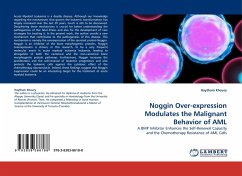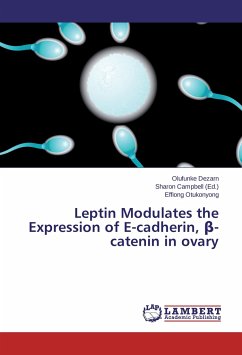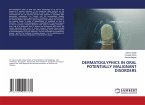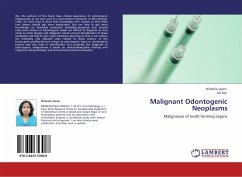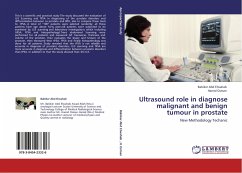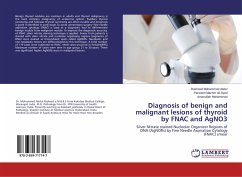Acute Myeloid Leukemia is a deadly disease. Although our knowledge regarding the mechanisms that govern the leukemic transformation has largely increased over the last 20 years, much is still to be discovered. Deciphering these mechanisms is crucial for better understanding the pathogenesis of this fatal illness and also for the development of new strategies for treating it. In the present work, the author unveils a new mechanism that contributes to the pathogenesis of this disease. This mechanism is namely the overexpression of the secreted protein Noggin. Noggin is an inhibitor of the bone morphogentic proteins. Noggin overexpression is shown, in this research, to be a very frequent molecular event in acute myeloid leukemia leukemia, leading to abrogation of both the canonical and the non-canonical bone morphogentic protein pathways. Furthermore, Noggin increases the proliferation and the self-renewal of leukemic progenitors and also protects the leukemic cells against the cytotoxic effect of the chemotherapy daunorubicin. Indeed, these findings suggest that Noggin suppression could be an interesting target for the treatment of acute myeloid leukemia.
Hinweis: Dieser Artikel kann nur an eine deutsche Lieferadresse ausgeliefert werden.
Hinweis: Dieser Artikel kann nur an eine deutsche Lieferadresse ausgeliefert werden.

